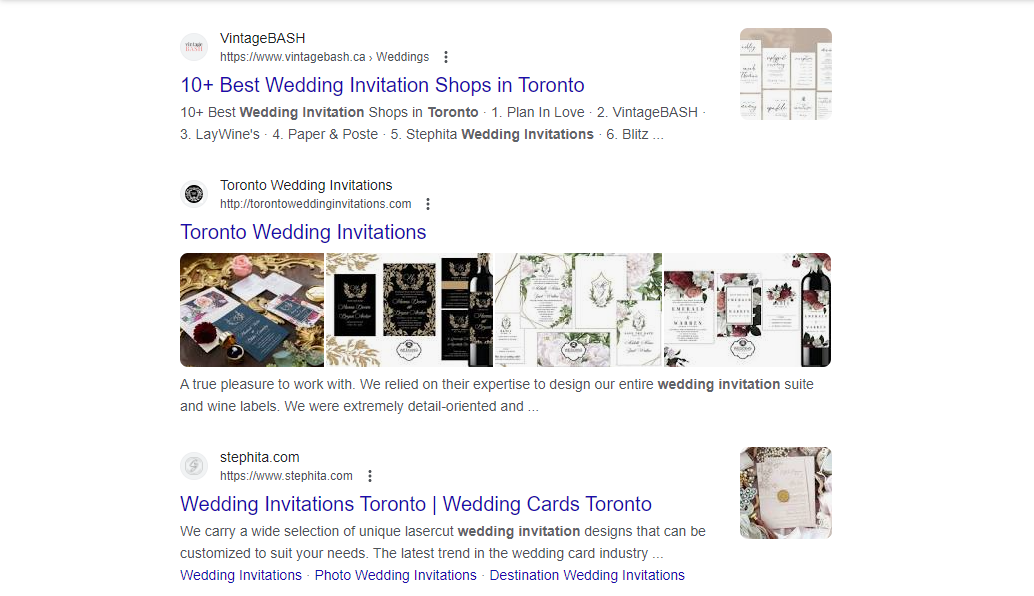Most probably, these are PBN links. They may not impact your site immediately, but they will affect it at some point. In this case the Moz spam score will increase and you'll see a lot of broken links to your site. You should ask your vendor to disavow these links as soon as possible.
Moz Q&A is closed.
After more than 13 years, and tens of thousands of questions, Moz Q&A closed on 12th December 2024. Whilst we’re not completely removing the content - many posts will still be possible to view - we have locked both new posts and new replies. More details here.
Posts made by sierragarcia
-
RE: Redirection of 100 domain to Main domain affects SEO?posted in Intermediate & Advanced SEO
-
RE: What are the SEO ramifications of domain redirection?posted in SEO Tactics
The redirect from bhaktimarga.org to prodfront-coli.bhaktimarga.mediactive-network.net might be for various reasons, such as branding or security. Properly implemented redirects typically don't have significant SEO ramifications. Ensure the redirects use 301 or 302 status codes, monitor Google Search Console for messages, and discuss the setup with your website developers for more insights.
-
RE: Schema Markup Validator vs. Rich Results Testposted in Intermediate & Advanced SEO
The Schema Markup Validator primarily checks the technical correctness and adherence to schema.org standards of your structured data markup. It ensures that your markup is syntactically correct and follows the specified schema guidelines.
On the other hand, the Rich Results Test goes beyond syntax validation. It assesses how well your page qualifies for rich results (enhanced search results) in Google's search listings. This includes checking if your markup meets the specific requirements for generating rich snippets, knowledge panels, or other enhanced search features.
In essence, while the Schema Markup Validator focuses on the technical aspects of your markup, the Rich Results Test evaluates its potential impact on search results appearance. Both tools are valuable, and it's recommended to use them in conjunction to ensure comprehensive testing of your schema markup. If the Rich Results Test identifies errors, addressing them can enhance your chances of achieving rich results in Google's search listings.
-
RE: SERP Title Display Issueposted in Local SEO
I've checked your website, and it's currently ranking in the top 3 for 'Wedding Invitations Toronto.' Since your website ranks prominently, let's address the issue with the SERP title display, which is not showing the title of the page. It's an unusual situation, and I recommend the following steps to troubleshoot:
Review Your HTML Title Tag: Make sure your HTML title tag is correctly defined within the <title> element of your page's HTML code. It should accurately represent the content and purpose of the page.
Use a Descriptive Title: Ensure that your title tag provides a concise and accurate description of the page's content. This not only helps search engines but also informs users about what to expect.
Check for Duplicates: Verify that there are no duplicate title tags across your website. Duplicate titles can lead to confusion and display issues.
Google Search Console: Monitor Google Search Console for any reported issues related to your titles or structured data. It's a valuable tool for gaining insights into how Google interprets your site.
Structured Data: While implementing structured data is beneficial, ensure that your JSON-LD markup adheres to Google's guidelines and accurately reflects your page's content.
Google's Algorithm: Keep in mind that Google's search algorithm may dynamically generate SERP titles based on the user's query and context. The displayed title might be adjusted for relevance to the search query.
Keyword Usage: Avoid excessive keyword stuffing in your title tag. Make it user-friendly and relevant to the content.
Manual Actions: Check Google Search Console for any manual actions that Google may have taken against your site. These actions can impact your site's visibility in search results.
Patience: Sometimes, Google may take time to update its index and reflect changes in SERP titles.
If you've verified all these factors and the issue still persists, consider seeking the expertise of SEO professionals who can provide specific recommendations tailored to your website's unique situation.!

-
RE: When using ALT tags - are spaces, hyphens or underscores preferred by Google when using multiple words?posted in Intermediate & Advanced SEO
When using ALT tags for images, it's generally best to use hyphens to separate multiple words in the text. Google and other search engines tend to interpret hyphens as word separators, which can help improve the accessibility and SEO of your web content. While underscores can also be used, hyphens are the more widely accepted and recommended practice. Spaces should be avoided, as they might not work as expected in all situations, as you mentioned, they can be replaced with "%20" in URLs. Using hyphens in ALT tags ensures better readability and consistency.
-
RE: Huge Drop in Direct Traffic in G4posted in Intermediate & Advanced SEO
Yes, I've experienced this too. I lost many keywords, and an article that used to rank on Google's first page has dropped to the second page.